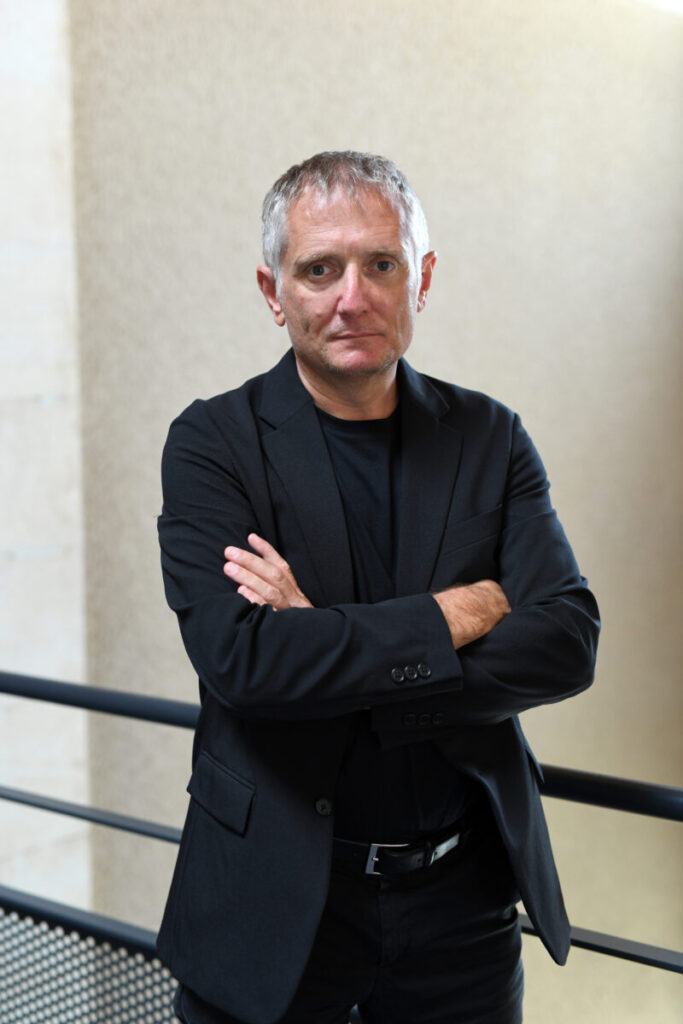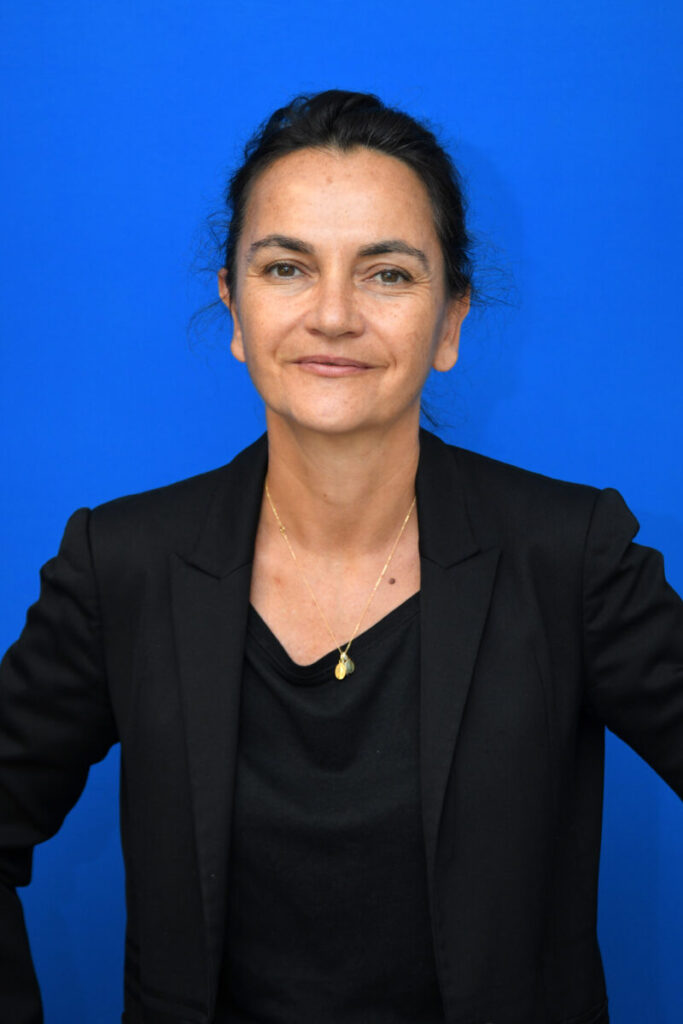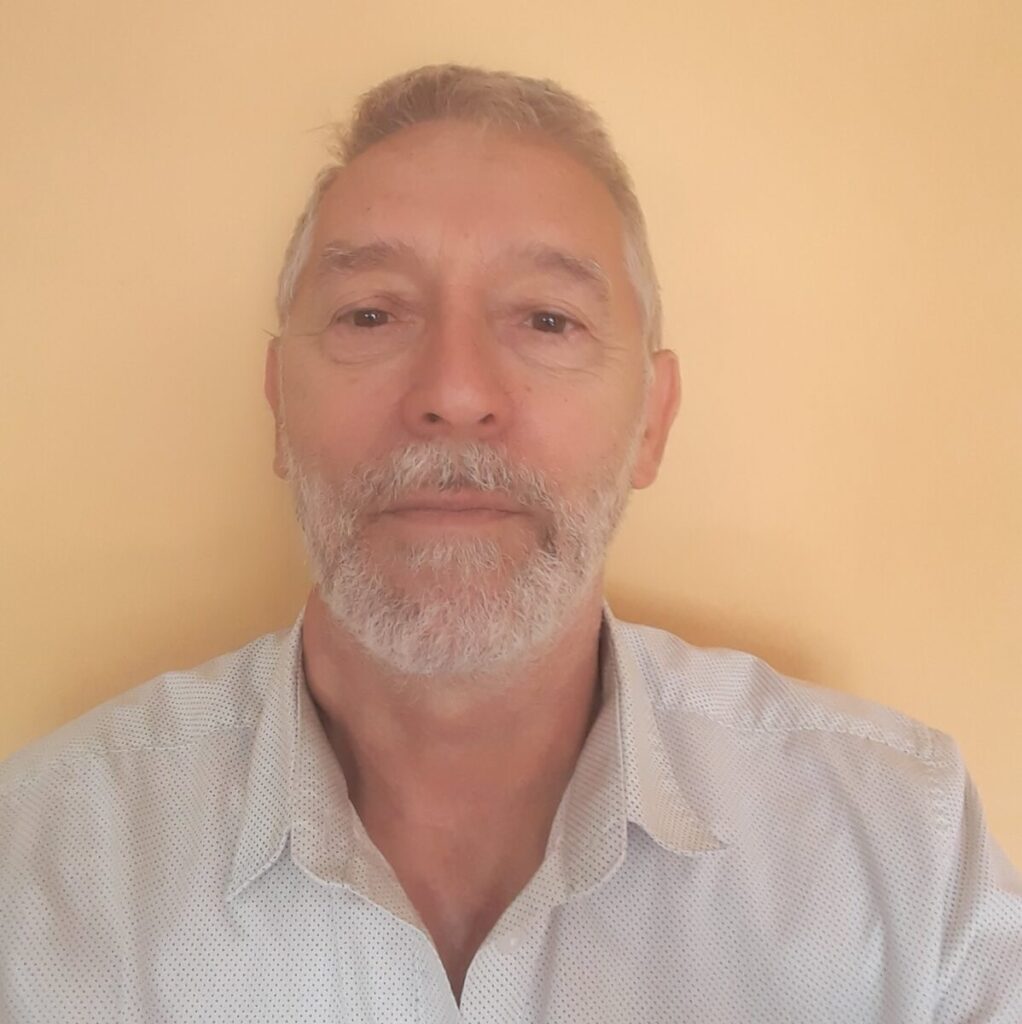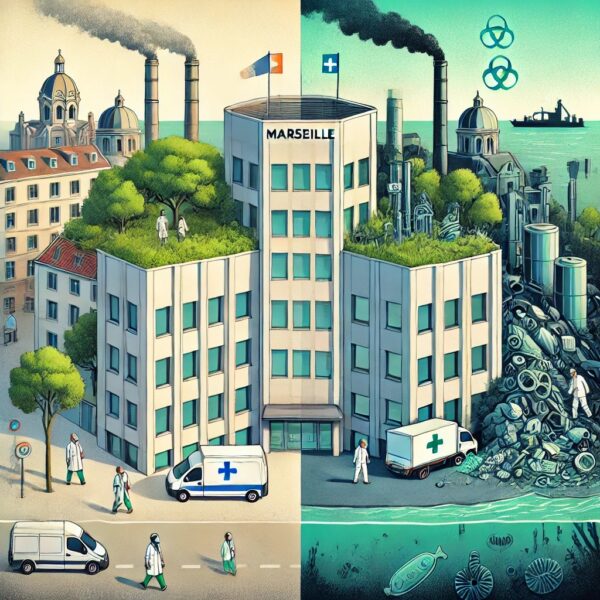Interview with Bernard Mossé, scientific director of NEEDE Méditerranée, with François Crémieux, general director of the Assistance Publique - Hôpitaux de Marseille (APHM) and Émilie Garrido-Pradalié, director of innovation at APHM.
#4 International partnerships and the treatment of migrants and refugees
Bernard Mossé: Does the Assistance Publique - Hôpitaux de Marseille (APHM) implement health diagnostic actions, particularly in environmental health, outside French territory, in Mediterranean countries or elsewhere in the world? Is it developing international partnerships in this regard?
François Crémieux: Yes. There are a whole series of cooperation programs between teams from APHM and foreign teams, but not necessarily focused on environmental health. Currently, a large delegation is in Senegal, in Dakar for a week, addressing the issue of violence against women. This delegation was initiated by the obstetrics and gynecology department of the Conception Hospital (Marseille/APHM) and the Maison des Femmes. Others are involved in cardiac surgery in the Dominican Republic, or orthopedic surgery in Vietnam...
Émilie Garrido-Pradalié: Environmental health is rarely the primary focus. In Dakar, for example, the main issue is access and management of women's hygiene protection. So, it is both an economic issue, an issue of access to care, and, on the other hand, an environmental issue regarding waste management.
François Crémieux: First of all, our awareness of environmental health is still recent; it is not yet structured within our institutions. Furthermore, unfortunately, the workload internally likely occupies all the available bandwidth. Effective action would require support engineering to identify projects that would allow us to share experiences, move faster in certain areas, etc. I think there is indeed much to learn, including on very technical subjects such as, for example, hospital construction in developing countries. We have much to learn about climate resilience, whether regarding temperature, heat, or cold, with architectural techniques that are not ours, sometimes even contrary to our regulatory principles.
In any case, it would be interesting to explore this question further. But to answer you, we currently do not have international cooperation projects in environmental health. However, probably when we meet again in two years, there will be some because this is part of emerging topics.
BM: You emphasized the importance of international cooperation and co-development in health, but what about the treatment of foreigners in France, our reception policy, and our hospitality mechanisms; a notion whose etymology clearly indicates its proximity to the vocation of the Hospital?
Can we first take stock of France's health policy towards foreigners, which is currently in the news with the possible questioning of AME (Aide médicale de l'État, allowing foreigners in irregular situations to access healthcare)?
F.C.: The first thing to say is that the health policy towards foreigners in France is good and reasonable. I speak for today, and that is why it must be protected and preserved.
On the one hand, it is good because it generally concerns almost all foreigners, regardless of their regular or irregular status, whether they are passing through, etc. I believe this reflects a kind of basic humanity to wish for those around us the same quality of care that we would wish for ourselves or our loved ones. Overall today, the French system guarantees all care to everyone. With certainly some caveats: AME is a restrictive basket of care that excludes, for example, dental care...
It is a coverage that guarantees beautiful hospitality and is reasonable both in terms of the nature of care and the conditions of reception. Financially, it should be noted that approximately 1.1 billion euros are allocated to AME in 2024, out of nearly 250 billion in health expenditures in France: that’s less than 0.5%. The proposed restrictions would reduce spending from 1.1 billion to 900 million euros. In other words, it is a political issue before being a financial one. That is why I believe we must protect this system. Not so much for what it costs, but because it is at the heart of what underpins hospitality. And the risk is to lose our values, not to lose money. It’s a bit simplistic, but that’s the issue...
BM: Even if, more cynically, it is also a public health issue for everyone.
F.C.: Yes, you are right. But it is always better to prevent than to cure. It is better to treat early than late. For example, it is better to take care of a pregnant woman in good conditions. Or to treat the entire population for infectious diseases... But even going into that area, it is ultimately already entering a debate, how to say, utilitarian. It is primarily a system that builds part of our humanity by the fact that it carries our collective values. Let’s imagine for a moment that we realize that the care provided is a little more expensive than the care that is avoided. Would that call into question AME? The major issue is: what do I wish for my neighbor and what would I wish for myself if I were crossing the Mediterranean in the opposite direction? Would I want to skimp on how a Southern country would welcome me, my loved ones, my family, my parents? Or do I consider that in the fundamentals of humanity, as anthropologists have told us since the dawn of time, we welcome our neighbor and try to take care of them as best as we can, even as well as we would take care of our own?
That is what constitutes both part of my personal commitment, but also what probably makes up a good part of the collective commitment of the 18,000 people who work at L'Assistance publique.
BM: We previously talked about the possible specificity of the Mediterranean. It is today the most frequented migration passage in the world, but also the deadliest, with officially 30,000 of them having died there over the past ten years, probably 60,000 in reality. A sad record linked to what is called the migrant crisis, which is actually a crisis of welcoming migrants. Does APHM implement specific mechanisms for refugees from the Mediterranean or elsewhere?
F.C.: Yes. There are first common law mechanisms. On the access to care permanences that allow people who do not have rights, but who could have them, to go to the hospital, benefit from care, and access social workers for opening rights. This example corresponds to both teams, places, and an organization.
And then, probably because there is both a Marseille and Mediterranean specificity, teams have developed exceptional mechanisms particularly for unaccompanied minors, migrants living on the streets or in shelters, drug addicts, also around mental health already mentioned, or psychiatry for people living on the streets, among whom there are a number either in transit or migration situations, or immigration that is now long-term in Marseille. There are thus missions that have emerged from the necessity to respond to unmet needs, housing, safety for women... Particularly developed mechanisms in Marseille.
BM: Implemented by APHM or in connection with other services?
É. G-P.: Both. Sometimes initiated by APHM, it can be associations like Médecins du Monde. There are teams of psychiatrists engaged in the MARSS project (Movement and Action for Health and Social Recovery), which is a team very involved in street psychiatry and is an initiative of APHM very articulated with associations that, in turn, contribute to supporting people on the streets, also the Maison des Femmes, which addresses all forms of violence against women, including in the bourgeoisie of Marseille, but also concerns women in the context of migration journeys, with here, at the Maternity of the Conception, a particularly significant number of women who have recently arrived in France coming to give birth. The Maison des Femmes also contributes to their care in social, health, and housing aspects, etc. So it’s both: initiatives from APHM teams or from the associative world...
F.C.: It is the result of a sum of individual or collective initiatives from the services, knowing that we are fortunate to have teams that are spontaneously inclined to organize such mechanisms and whose question is rather whether we are capable of supporting them with resources and particularly available time, so that they can do so. But most teams carry projects, whether in pediatrics, obstetrics and gynecology, psychiatry, emergency services, etc. I find that there is a mobilization, an emulation, and a spontaneity of commitment on these issues that we do not necessarily have on other subjects, such as environmental issues. On solidarity missions, there is a spontaneity because there is a culture and a history that are probably very strong. And which are obviously linked to the daily reality of a good part of the patients that our teams take care of... whether they are doctors, nursing assistants, nurses, or administrative managers.
Biographies

François Crémieux is a senior health official with a unique and diverse background. He holds degrees in economics from the universities of Paris Dauphine and Lancaster (UK) and in public health from the Paris Diderot medical school. Since June 2021, he has been leading the Assistance Publique - Hôpitaux de Marseille, APHM. He has had a long career as a hospital director, leading him from the Clermont hospital center in Oise to the hospital in Kosovska Mitrovica in Kosovo, including roles as an advisor to Marisol Touraine, Minister of Social Affairs and Health, and as deputy to the General Directorate of APHP under Martin Hirsch. His commitment is reflected in various actions: a volunteer in Bosnia in the 1990s during the war; a long-time member of the editorial board of the journal Esprit; an advocate for a hospital on the front lines to reduce social inequalities in access to care.

Emilie Garrido-Pradalié is a hospital director in charge of innovation at APHM. She holds degrees in theoretical and applied economics from the University of Montpellier and in computer science and information systems from the École des Mines d'Alès. She began her career in public service within the Montpellier Metropolis led by Georges Frêche. She joined the CHU of Montpellier in 2008 to lead change management activities with human, medical, and non-medical resources, then joined APHM to lead research starting in June 2018.

Bernard Mossé is a historian, head of Research, Education, Training at the NEEDE Méditerranée association. He is a member of the Scientific Council of the Camp des Milles Foundation – Memory and Education, for which he was the scientific director and coordinator of the UNESCO Chair "Education for Citizenship, Human Sciences, and Convergence of Memories" (Aix-Marseille University / Camp des Milles).
